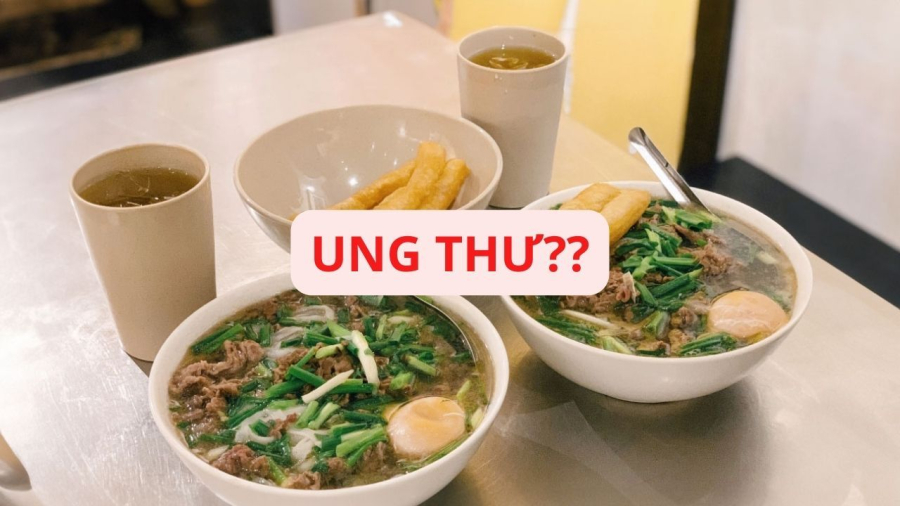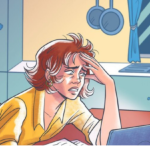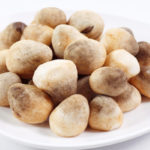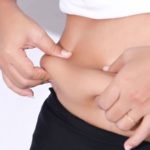According to popular rumors, many people believe that consuming hot pho with iced tea increases the risk of developing stomach cancer. This is because pho is a fatty dish, and drinking iced tea immediately after eating it can supposedly cause the fat to solidify, thereby damaging the stomach.
However, according to Dr. Nguyen Duy Thinh, an associate professor at the Institute of Biotechnology and Food Technology at the Hanoi University of Science and Technology, this information lacks sufficient basis. It is normal for fat to solidify when exposed to cold temperatures. However, eating pho and drinking iced tea does not cause the fat to solidify because the temperature of iced tea is not cold enough to cause this réaction. The stomach’s temperature of 37 degrees Celsius (98.6 degrees Fahrenheit) will cause the fat molecules to break down and liquefy, allowing them to undergo the normal digestive process. Therefore, the claim that eating pho with iced tea causes cancer is unfounded.

Eating pho and drinking iced tea causes cancer is just a rumor that lacks sufficient basis
However, if you want to avoid potential health risks, keep the following in mind when eating pho and drinking iced tea:
Avoid drinking strong tea with hot, fatty pho dishes. The high protein content of pho combined with the tannins in tea can inhibit iron absorption. Beef contains a significant amount of iron, so it is advisable to limit tea consumption or choose a more suitable beverage.
Avoid drinking iced tea immediately after eating hot pho, as this sudden temperature change in the mouth can damage sensitive teeth and increase the risk of enamel erosion and toothaches. Many people have a habit of doing this because pho is best enjoyed hot, but the heat can make them crave a cold drink to cool down. Some people take a few bites of pho, sip some broth, and then take a sip of iced tea. This habit is not good for dental health.
Limit the consumption of fatty broths in pho, bún, and miến to minimize the risk of obesity and high cholesterol, which can negatively impact cardiovascular health. Opt for clear broths instead to reduce fat intake. Excessive fat consumption increases the risk of developing conditions such as hyperlipidemia and lipid disorders.
After eating, drink only a small amount of iced tea to rinse your mouth and reduce the greasy feeling of the food. Avoid drinking excessive amounts of tea after meals.
Wait about an hour after eating before drinking tea.
Excessive fluid intake during meals can impair digestion. Consuming pho with a lot of broth and then drinking tea dilutes digestive enzymes, reducing their effectiveness. This is a common habit among many Vietnamese people, who tend to consume large amounts of fluids with their meals.
Iced tea at many pho, bún, and miến eateries varies in quality, so it is essential to exercise caution. Some establishments use freshly brewed tea, while others use tea bags or pineapple tea (which contains a small amount of tea and artificial flavorings). The ingredients used may also vary. Some eateries use fresh, high-quality ingredients, while others may use frozen or low-quality ingredients that could contain harmful additives or preservatives. These poor-quality ingredients and additives can pose significant health risks. Therefore, it is crucial to choose reputable and reliable establishments when dining out.
1. Opt for clear broths instead of fatty ones to reduce fat intake.
2. Limit tea consumption after eating pho, especially with fatty, hot dishes.
3. Wait about an hour after eating before drinking tea to avoid impairing digestion.
4. Choose reputable and reliable establishments when dining out to ensure the quality and safety of the food and beverages you consume.
Unveiling the Miraculous Benefits of Mushrooms
From the savory flavor they offer in dishes to their vast array of health benefits, mushrooms are a major force in the culinary world. Not only are they known as a delicious ingredient in countless recipes, but their impressive benefits can help to fight obesity, high blood pressure, and even cancer prevention.



































